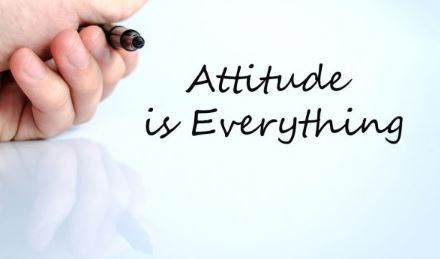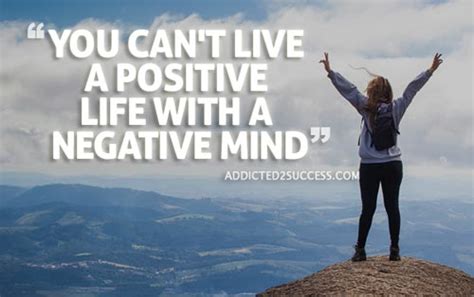
Right Mind – The Power of Positive Focus
Nutritional advice tends to be very specific, eat more of x and less of y for situation z. If you understand the science it should be easy, but most of the time it’s just not that simple. I’ve been known to say that people think they want my education, but what they really need is my discipline. Lately, what I’ve come to realize is that what hinders progress and compliance isn’t discipline, it’s a long-term, positive focus and mindset.
I have had a few discussions lately about progress, and how the right mindset (or wrong one) can make or break your progress so I wanted to highlight a few tips that can help you avoid some common negative thought traps and patterns.

If you are reading this blog, then you have likely committed once or more times to eat healthier and exercise, but for most, after a certain amount of time, their resolve starts to waiver. Treats at work, social situations, stress in your life, a busy schedule … all of these things add up, and when we are tempted or tired, we can easily fall back into old habits. There are some common thought patterns that cause us to cheat on our diets or take the day off our exercising goals – here are a few common ones and how to beat them.
- Most people get off track and they forget their goal – it’s easy to fall into old patterns. You need constant reminders of your goal and why you are sticking to it. Find a way to beat the odds and remind yourself of why you are doing this. The reminder can be overt or subtle. Overt hints can be picture of your ideal body on a fridge or desk, or a copy of your lab reports always in sight. A subtle one I’ve seen work is that if you’ve been good on your diet or your exercise routine for one day then you write the number 1 on your hand, in pen, right where you can see it all day long. If day 2 is a success, then you can write a 2 and so on. See how high you can get that number – I want to see you get to 365 and higher.
- Don’t get stuck in a “no progress” funk if you don’t see your weight changing. Look at other signs like your mood, your energy, your sleep, the weights you can now lift, or your body composition or lab results, and go for the long haul. Journaling can help you keep track of these subtle signs. There are apps you can use to track food and mood, or your exercise patterns. It’s hard to remember the beginning of a focus or program so write down notes so you can review it periodically and see how far you have come.
- Make your goals public – on Facebook, at work, and with your family and friends. People can then help support you to reach your goals instead of unknowingly sabotaging them. You can even make promises to more than just yourself – promise a friend or a loved one that you are going to eat healthier and exercise more, this way you are not just in this for yourself, but as a promise to someone you care about.
- Avoid overstimulation – don’t try to do it all every day. The new “normal” for adults is to exercise daily, get the kids to school, make healthy meals, follow friends on Facebook, Twitter, Pinterest or other social media, keep a clean house, walk the dog, do the laundry, be loving partner, and have a fulfilling career — it’s unattainable. Set yourself up for success instead of failure and know your limitations as well as your priorities.
- Never say never and don’t talk bad about yourself – we feed our subconscious minds messages all day long – make sure your inner voice is a positive one telling you that you are doing the right thing, that it is worth it, that tomorrow is another chance, and that it can be fun.
Why is this important? Let’s consider the American 21st century wellness statistics. A typical person spends 95% of his or her day indoors. As many as 1/3 of us are on anti-depressants. Over 1/2 of adults claim a poor night sleep on a daily basis. Two thirds of adults are overweight or obese. This is the antithesis of a healthy lifestyle.
Living a good life requires a game plan and positive focus on all aspects of health. Remember wellness is more than just physical well-being, it’s emotional, mental, and spiritual well-being too. Will power and determination will help, but positive thinking, kindness to yourself, moderation and a good sense of humor will help you keep on track for the long term.

Erin Williams, MSN CN LMP, is the founder of EZBalance.com, a health and wellness company established in 2001. Erin has a bachelor’s degree in Chemistry from Purdue, a master’s degree in Nutrition from Bastyr University, and is currently studying to become a Functional Medicine Practitioner. Erin enjoys sharing her love of natural health and wellness with people through lectures, blogs, and consultations.

